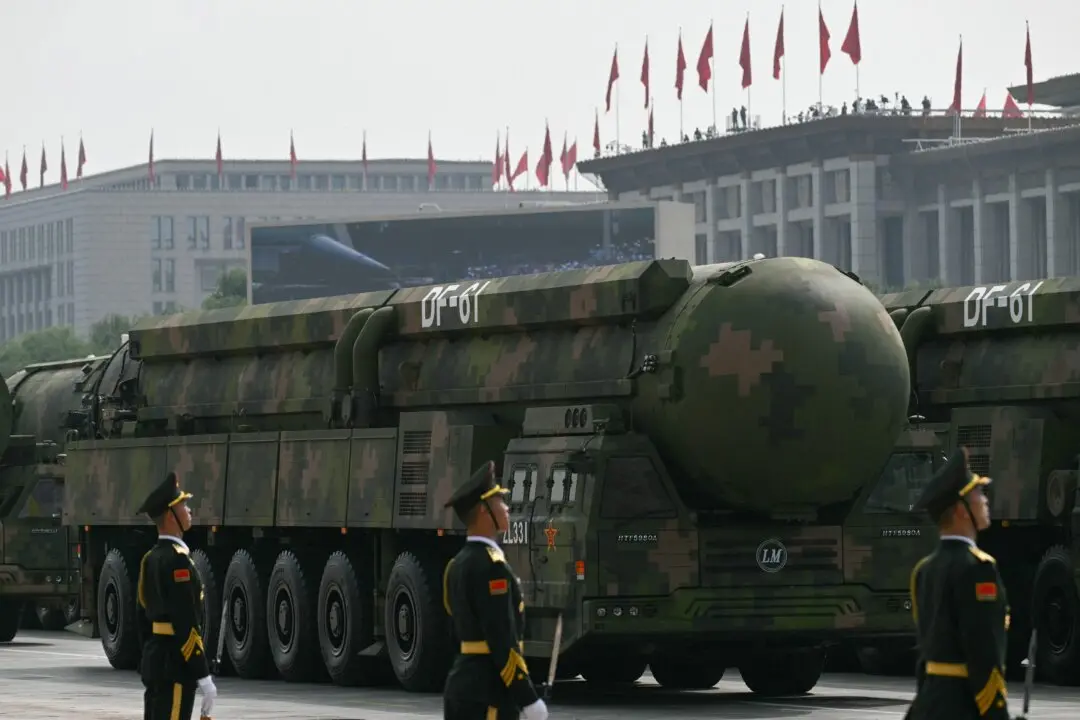The House of Representatives voted on Sept. 27 against an amendment to stop the United States from sending cluster munitions to Ukrainian forces.
Rep. Matt Gaetz (R-Fla.), who has opposed other measures of U.S. aid going to Ukraine, introduced an amendment to a House Defense Appropriations Bill on Sept. 27, seeking to end the flow of cluster munitions to Ukraine in future aid packages. The amendment failed by a vote of 160–269.





